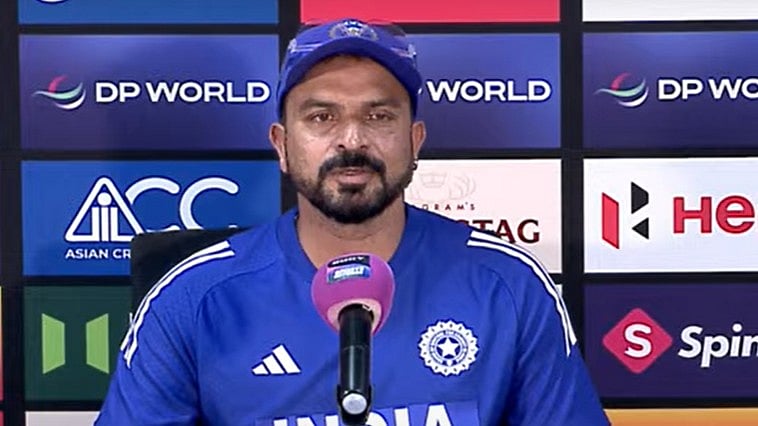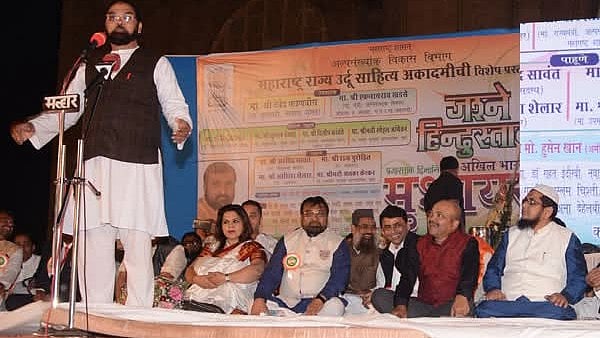Maharashtra’s scholar of repute, public intellectual who held several positions of authority including the committee on why Marathi should be declared a classical language, author of more than 50 books, and a learned expert on Mahatma Jotiba Phule and Dr BR Ambedkar, Hari Narke, passed away on Wednesday. He was barely 60. Maharashtra has been robbed of one of its finest scholar-intellectuals who was unafraid to take a strong political position and always spoke in favour of Scheduled Castes, including the Mali community from which he hailed. His untimely death elicited tributes on expected lines from the ruling party as well as other politicians and the academic community in the state.
However, the comments and conversations that flowed for the next two days on social media hold a mirror to not only Maharashtrian society today but affirm what Narke fought for all his life — casteist mindset of the upper castes. Without a shred of regret or diffidence, derisive mocking, contemptuousness, and taunts flowed freely joking about how Hari (God) must have sent Narke to hell (narak, in Marathi) for all the “anti-Brahmin work” he had done all his life, and how he had followed in the footsteps of Phule-Ambedkar who were hardly worth emulating, and so on. The surnames of many who made or supported such comments indicated they were Brahmins. In only a few sentences, they had laid bare the deep casteism that continues to prevail in the so-called progressive state of Maharashtra.
What is remarkable is that all the progress and modernism has not changed the Brahmincal mindset at all; 133 years ago, when Phule died, accounts speak of how Brahmins including leaders of the era had celebrated terming it as the end of something filthy, with a foul smell. Narke devoted his life to challenging this mindset; his death showed why his fight must continue.











